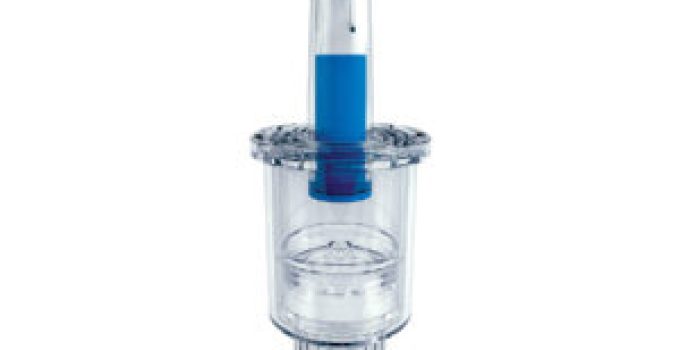The field of neuroscience has long been challenged by the complexities of delivering therapeutic drugs effectively to the central nervous system (CNS). Traditional methods often face barriers such as the blood-brain barrier, limiting the efficacy of medications. However, recent advancements in drug delivery technology, particularly through nasal routes, are opening new frontiers in neurological care.
Introduction to CNS Drug Delivery
Delivering drugs to the CNS is crucial for treating various neurological disorders ranging from Alzheimer’s disease to Parkinson’s disease. However, the traditional methods of drug delivery, such as oral administration or intravenous injections, face significant challenges in effectively reaching the brain due to the blood-brain barrier.
Nasal Drug Repositioning
Nasal drug delivery, once primarily associated with treating nasal conditions, has gained attention for its potential in CNS drug delivery. By bypassing the blood-brain barrier, nasal drug delivery offers a non-invasive and efficient route for delivering medications directly to the brain.
Systemic Nasal Drug Delivery
Systemic nasal drug delivery involves administering drugs through the nasal route for systemic absorption into the bloodstream, ultimately reaching the CNS. This method offers advantages such as rapid onset of action and improved patient compliance compared to traditional routes like oral administration.
OINDP: Opportunities and Challenges
Orally Inhaled and Nasal Drug Products (OINDP) present promising opportunities for CNS drug delivery. However, navigating regulatory pathways and ensuring safety and efficacy pose significant challenges for pharmaceutical companies.
Advancements in Technology
Recent technological advancements, including nanotechnology and liposomal formulations, have enhanced the efficacy and precision of CNS drug delivery. These innovations enable targeted drug delivery to specific regions of the brain, minimizing systemic side effects.
Patient Perspectives and Acceptance
Understanding patient preferences and acceptance of nasal drug delivery is crucial for successful implementation. Factors such as ease of use, comfort, and perceived effectiveness influence patient adherence to treatment regimens.
Clinical Trials and Research Initiatives
Numerous clinical trials are underway to evaluate the safety and efficacy of nasal drug delivery for CNS disorders. These trials aim to validate the potential of nasal delivery methods in improving patient outcomes and quality of life.
Safety and Efficacy Considerations
Ensuring the safety and efficacy of CNS drugs delivered through nasal routes is paramount. Comprehensive preclinical and clinical studies are essential to assess the risk-benefit profile and address any concerns regarding adverse effects.
Market Trends and Forecast
The market for CNS drug delivery technologies is witnessing steady growth, driven by increasing prevalence of neurological disorders and growing demand for innovative treatment options. Regulatory reforms and technological advancements are expected to further propel market growth.
Future Directions and Opportunities
Looking ahead, collaboration between academia, industry, and regulatory agencies will be critical for advancing CNS drug delivery research. By harnessing cutting-edge technologies and interdisciplinary approaches, we can unlock new treatment modalities and improve patient outcomes.
Conclusion
CNS drug delivery through nasal routes represents a promising frontier in neurological care, offering improved drug targeting and patient outcomes. With continued research and innovation, we can overcome existing challenges and revolutionize the treatment of neurological disorders.


